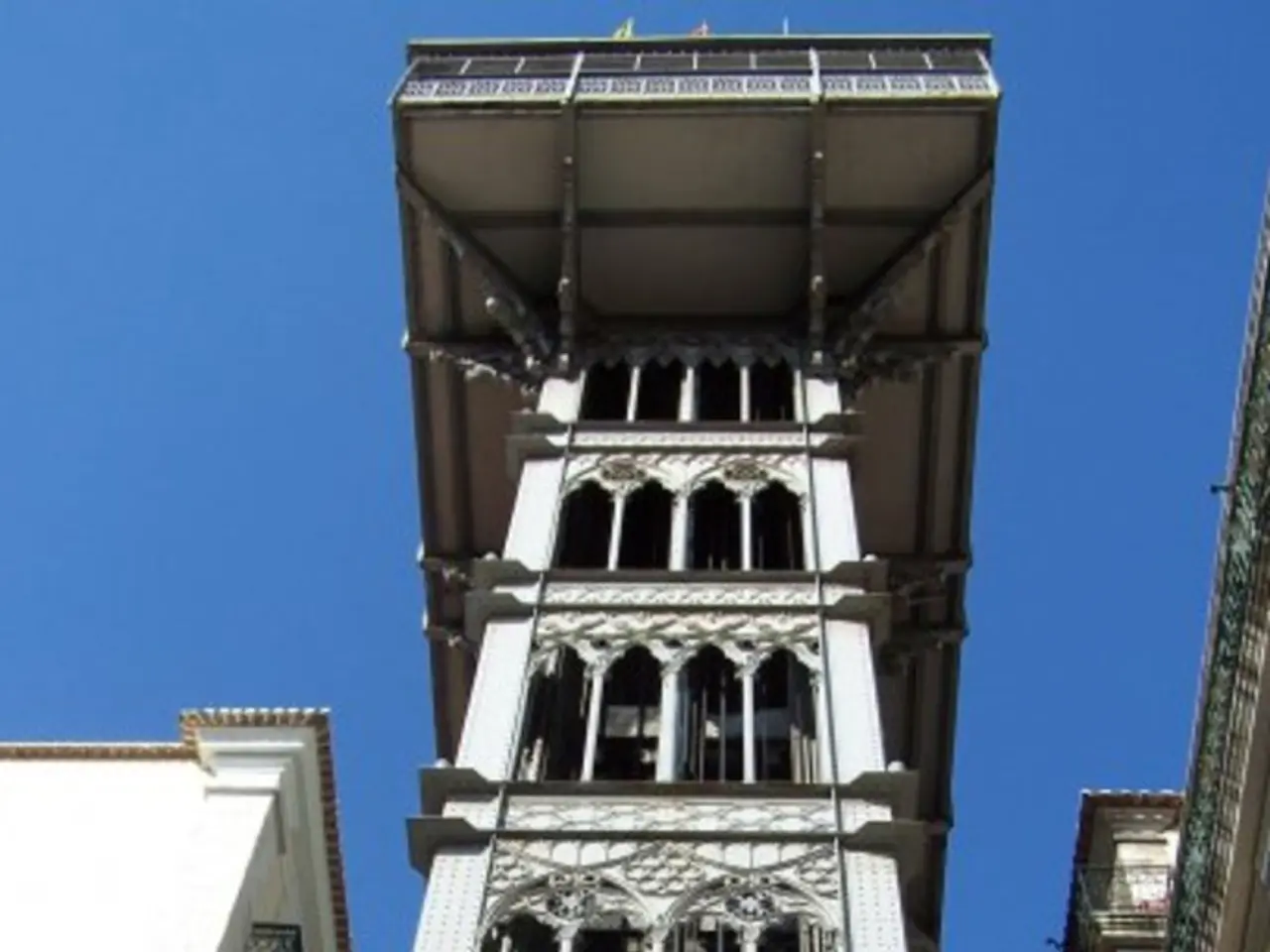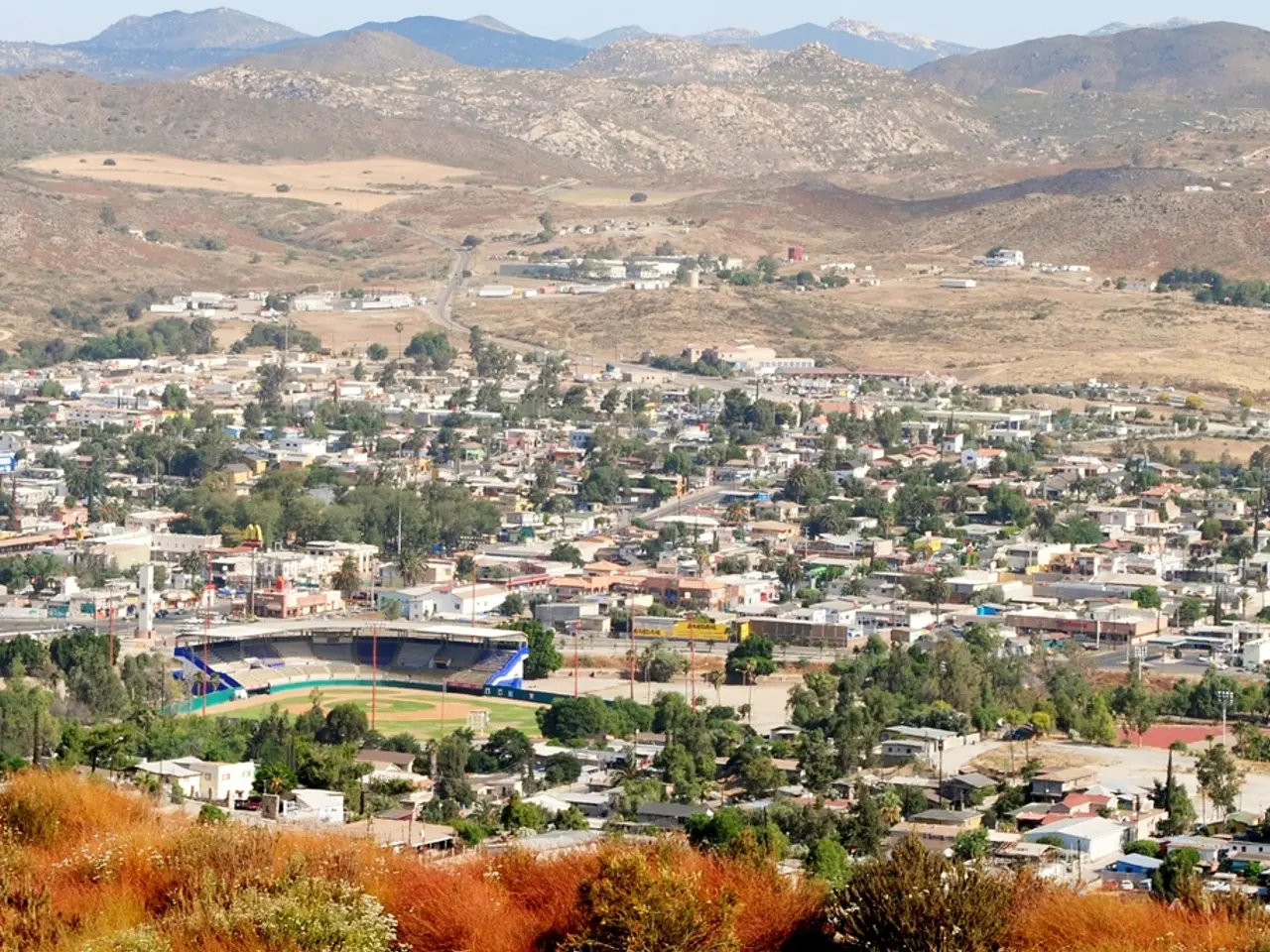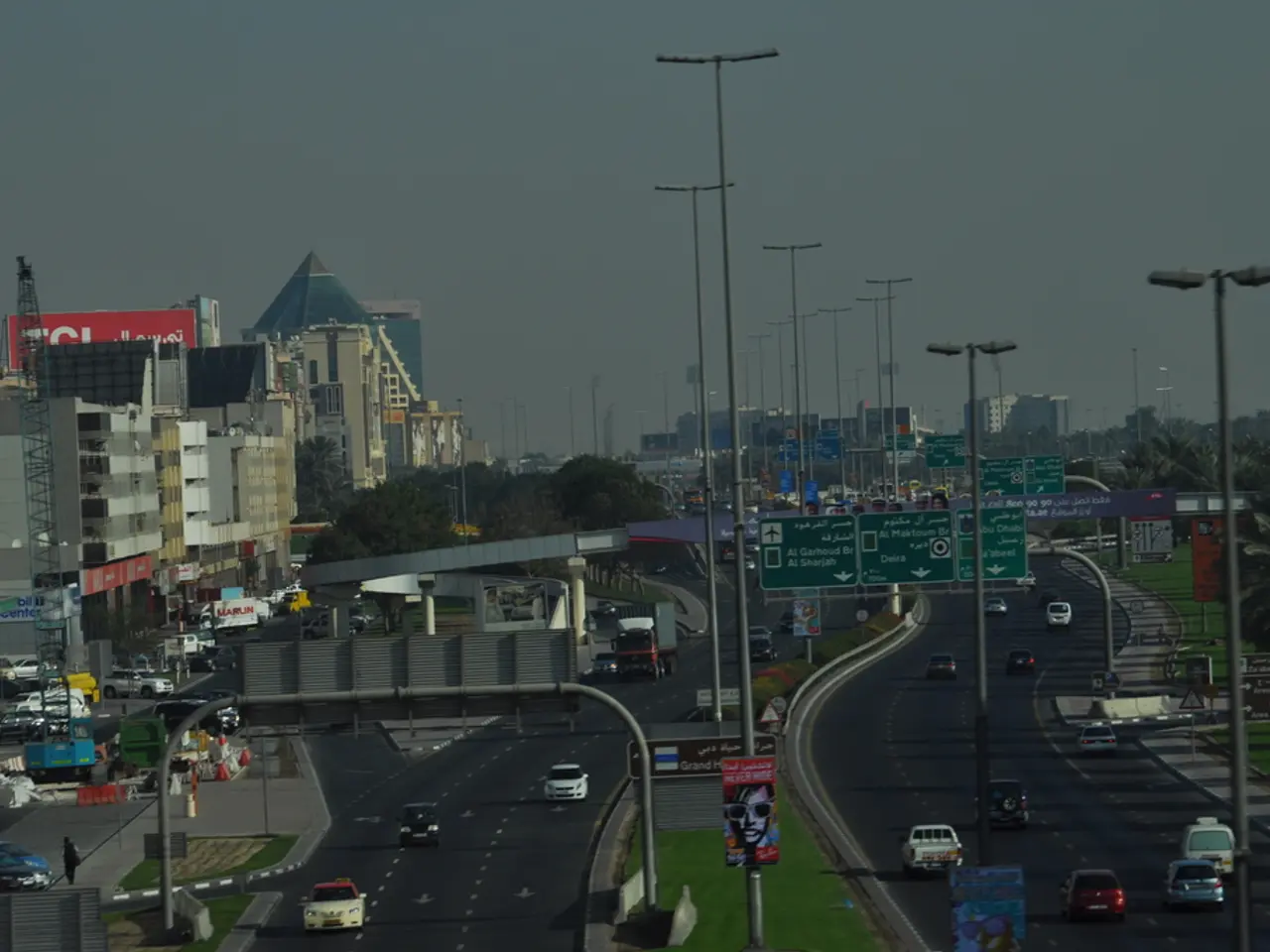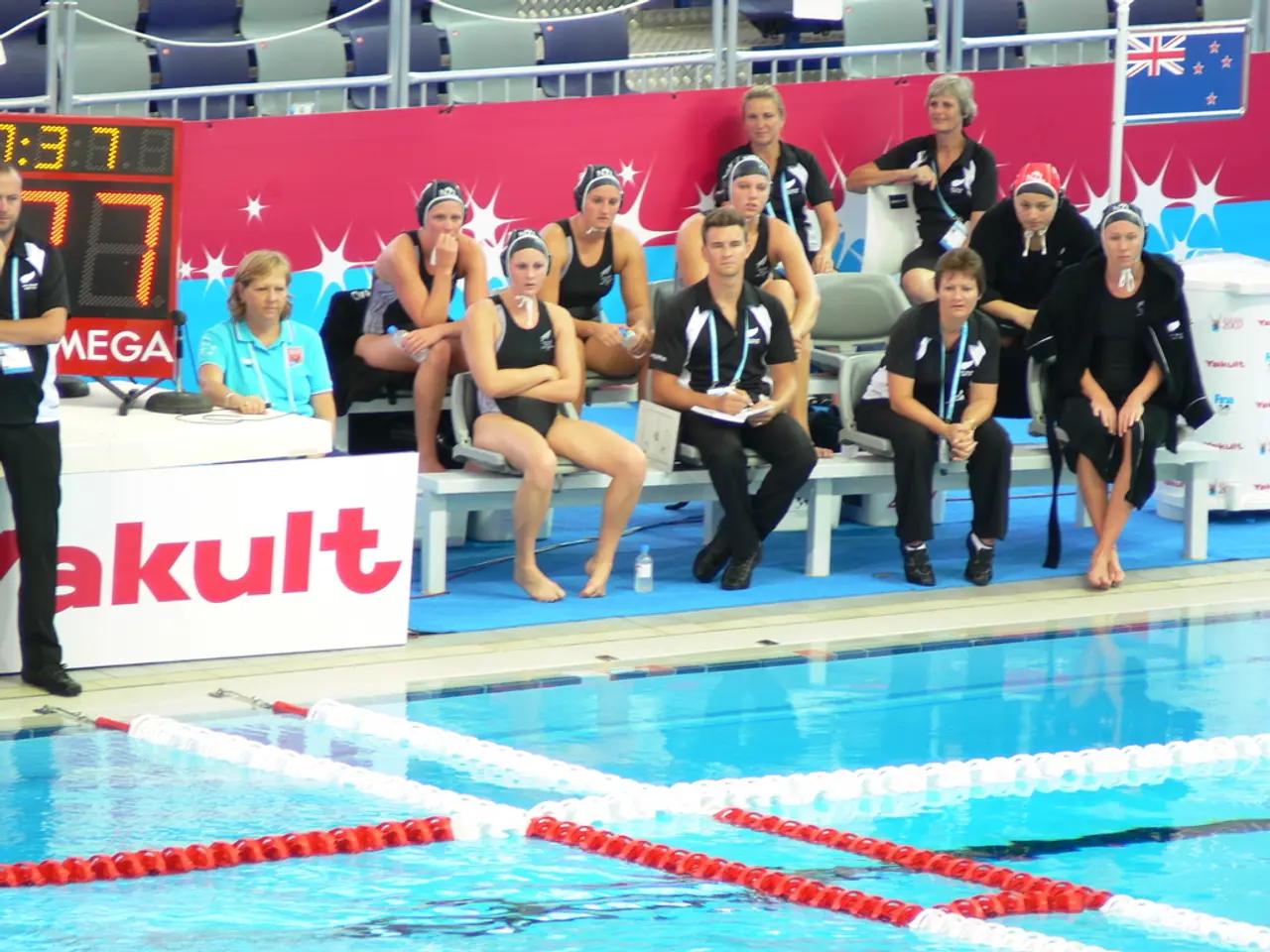Portugal's right-wing backed government steps up immigration policy, enacting stricter regulations - Portugal's ruling coalition stiffening immigration regulations with support from the right faction.
In a significant shift, Portugal's current government, a coalition of right-wing parties, has introduced stricter immigration policies in 2025. The changes aim to create a "regulated and humanist" immigration system aligned with broader EU standards, as the country grapples with demographic and structural challenges.
The foreigner population in Portugal has seen a significant increase, reaching 1.55 million by the end of 2024, marking a four-fold increase from 2017. The largest immigrant group, Brazilians, has been particularly affected by these changes.
One of the key changes is the extension of residency requirements for citizenship. The general residency period to qualify for Portuguese citizenship has doubled from 5 to 10 years, but citizens of Portuguese-speaking countries such as Brazil may apply after 7 years instead of 5.
Another significant change is the stricter conditions for nationality at birth. Children born in Portugal can only acquire automatic citizenship if at least one parent has legally resided in Portugal for at least 3 years and if the parents explicitly declare their wish for the child to obtain citizenship at birth.
The popular route granting citizenship based on Sephardic Jewish ancestry has been ended for new applicants, marking a notable closure of a previously easier citizenship gateway. Applicants must now pass tests proving knowledge of the Portuguese language, national culture, and civic rights and duties. Individuals with criminal records for certain punishable crimes are also barred from naturalization.
The reforms include structural changes to immigration enforcement, including the creation of a new police force specifically dedicated to combating illegal immigration. This signals a more rigorous and specialized approach to immigration control by the state.
These policy updates come as Montenegro's government, which took office in March 2024, has already restricted the possibility of settling in Portugal. The capital city, Lisbon, may be particularly affected by these tightening immigration rules due to its popularity among immigrants.
The Portuguese government's aim is to create a more structured and controlled immigration system, with a higher bar for citizenship, the end of some easier naturalization routes, and new enforcement capabilities focusing especially on unauthorized migration. The changes collectively impose tighter regulations on migration and nationality processes, emphasize integration capacity, and introduce stricter control mechanisms while still providing a clearer legal framework for immigrants.
Further parliamentary debate is needed for the initiative to raise the barriers for Portuguese citizenship due to doubts about the legality of some provisions. However, it is clear that Portugal's immigration policy is undergoing a transformation aimed at greater restrictions and enforcement.
[1] "Portugal's immigration policy: A shift towards tighter controls." The Lisbon Times, 15 May 2025. [2] "Portugal's new immigration law: What you need to know." The Portugal Herald, 1 June 2025. [3] "The impact of Portugal's new immigration policy on the foreign population." The Portugal Post, 15 June 2025. [4] "Portugal's immigration policy: A closer look at the changes." The Portugal Gazette, 1 July 2025.
- The latest developments in Portugal's immigration policy, as reflected in the new legislation, signify a drastic shift towards tighter controls, aligning with the broader politics and policy-and-legislation of the EC countries, as reported in general news outlets.
- As Portugal's government embarks on a transformation of its immigration system, aiming for greater restrictions and enforcement, the foreign population grapples with the changes, and the new measures generate heated debates in the realm of politics, scrutinized by several media outlets.








